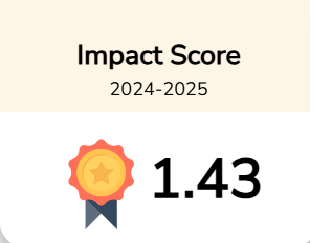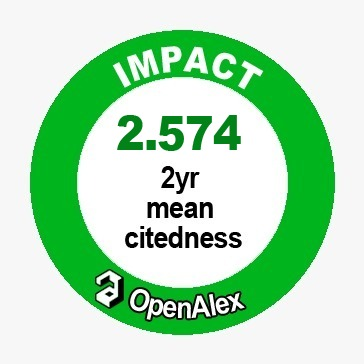Weaning Practices of Ruralwomen in Chandauli Distric, Uttar Pradesh, India
Downloads
Weaning is the process in which an infant’s diet pattern is gradually changed from liquid foods like breast milk and substitute milk preparations to cooked solid foods. The main purpose of the study was to describe the weaning practices of women residing in the Chandaulia district of Uttar Pradesh, India, whose babies were between the ages of six and nine months. A descriptive survey was conducted on 120 mothers attending Anganwadi centre/health centre in Chandaulia district. Convenient samples of 120 mothers were interviewed. Data was collected on breast-feeding, weaning as well as the current feeding practices. revealed that breastfeeding was initiated by 80% women at birth. Only 20.8% of women were exclusively breastfeeding till five months. Early weaning was associated with mother’s perception of poor quantity and quality of breast milk i.e. 45.2%. Partial breastfeeding was practiced by 79.2% of the respondents and women were found using a variety of milk formulas to substitute breast milk. Analysis of factors that might have influenced the early supplementation, 45.2% women indicated that dissatisfaction with milk insufficiency was the reason for stopping breast feeds. The research findings suggest that the perceptions of women regarding appropriate time of introducing solids differs from that of health professionals and exclusive breastfeeding rates in the villages are very low. Solids are introduced as early as in the first week of life.





